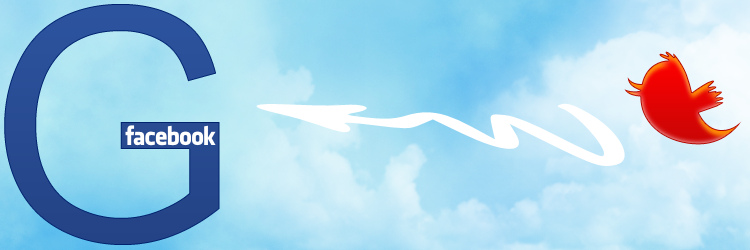For years, “Google” has been synonymous with “great startup culture.” But today, employee-reviews site Glassdoor has released its list of Top 25 Companies for Culture and Values – and, in a shocking upset, Google is not at the top of that list. In fact, Google doesn’t even make second place on these “best company culture” rankings; that honor goes to PR company Edelman. The winner? Twitter. To find out what gives Twitter its competitive edge, we’ve looked into the anonymous employee reviews used to generate the rankings. We’ve uncovered some surprising truths about team-building that every CEO can use.
We’ve all heard about Google’s legendary employee perks – everything from free meals to an in-house bowling alley. Google employees do admit to enjoying these perks, and the “fun atmosphere” of their workplace, which one employee describes as “like being back in college again times going to Disneyland every day.” However, given that they’re still working in a fast-paced tech environment where 40 hours a week is a minimum requirement rather than a guarantee of success, some employees still complain about work-life balance.
But the real problem has nothing to do with perks or pressure. It’s simply the fact that Google has become a giant – and, with increased size, stability and bureaucracy, it’s losing its ability to attract risk-loving innovators.
“It is becoming larger, and with it comes growing pains: bureaucracy, slow to respond to market threats, bloated teams, cross-divisional tension,” one employee explains. Another employee is frustrated that “as the company grows promotions are harder and internal politics increases.”
This growth has also caused some Google employees to grow suspicious and frustrated with their co-workers: “As the absolute number of people grows, naturally the number of bad apples grows; as a percentage it’s supposedly the same as it ever was, but with larger numbers of poorer quality engineers it just feels like things might be changing for the worse,” one says.
By contrast, Twitter employees almost unanimously report that the best thing about their work is interacting with their co-workers. Review after review cites the pleasure of collaborating with “smart people.” Though Twitter employees receive considerably fewer perks than Google employees, they are energized and motivated by Twitter’s culture of excellence and hard work.
“It’s a collaborative environment full of passionate people. No one punches in and punches out, everyone works until they get it done,” one employee says. Another employee praises Twitter’s “great blend of startup ‘get stuff done’ culture and theoretic rigor.”
This committed, passionate employee attitude doesn’t come simply from “fun” extras or creature comforts; instead, Twitter employees say that they are motivated to maintain a culture of excellence because their values and goals are in line with the company’s overall vision.
“It’s rare to work in an environment where you’re surrounded by so many people who care deeply about their job and the product they are supporting,” says one. “Getting to work on a product that changes the world is as compelling as it sounds,” notes another. “I enjoy coming to work every day because I know that I am making the world a better place,” says a third.
It’s not hard to conclude that Google’s growth has made it vulnerable to the consequences of bad hiring: Its perks were meant to attract and reward a team of passionate, dedicated around-the-clock workers. However, as a large company, it’s attracting more people who want to just enjoy the perks while punching the clock and skating by, and a few free meals doesn’t compensate truly dedicated innovators for the frustration of working with those “bad apples.”
Twitter has succeeded at building a great culture because it prioritizes its vision and mission, and puts high performance first: Its employees believe in the company’s core mission, have the skills necessary to execute that mission, and are committed to putting in the time and effort necessary for success.
Twitter doesn’t have the best company culture because of its offices or its atmosphere: Twitter’s company culture excels because of its people, thus proving that smart recruiting and people strategy are the best investment a company can make. When high performance is assured, harmony follows, and Twitter won this round by putting first things first.
Image credit: CC by Sean MacEntee




